The year is 1825. The Nightingale is a nickname given to a young Irish convict, a woman whose real name is Clare (Aisling Franciosi). Clare is called The Nightingale because of her stunning singing voice, and she has a husband and a baby daughter. When her sentence is served, she asks for her release and freedom from a British officer. Clare’s freedom is declined, and she is forced to continue her slavery lifestyle after being told she will never have her freedom and being abused physically and sexually. One night Clare’s husband gets drunk and demands her freedom from the officer with a horrific and traumatic outcome. Clare, now alone and wounded, seeks help within her town, but she is either declined support, or worse- people with authority simply don’t believe she is telling the truth. Clare takes a horse, picks up a rifle and begins to seek bloody vengeance for what has been taken from her. She also hires an Aboriginal Tracker named Billy (Baykali Ganambarr) who will lead her through the bush and directly to the officer responsible.

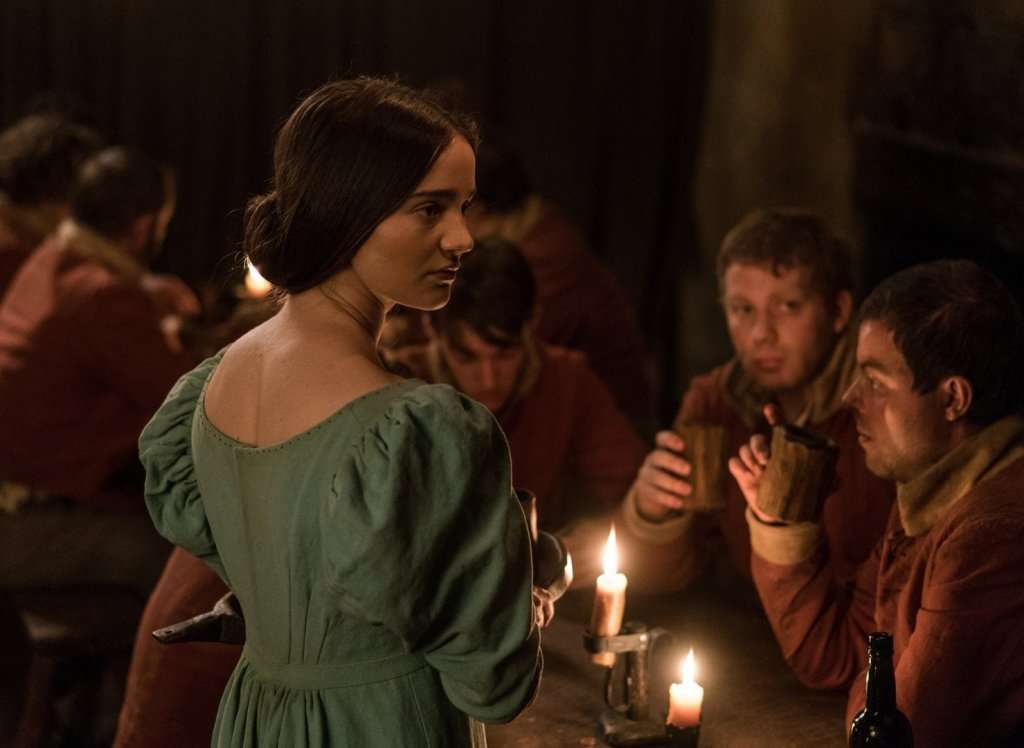
The Nightingale is directed by Jennifer Kent who previously gave movie lovers “The Bababook”. But unlike her previous film, The Nightingale is a different type of horror. A word of warning for those who are considering watching this film- The Nightingale is an enormously horrific film. The level of trauma and violence (physical and sexual) is rather high. I honestly can’t remember the last time I watched a movie that made me tense up so much, even to the point that I found myself almost looking away orbiting my fingernails off. The Nightingale is full of horrific moments, but I understand that the director felt it was necessary to include all these moments to convey the whole story and emotion. I admire the strength she must have had to make this film possible.
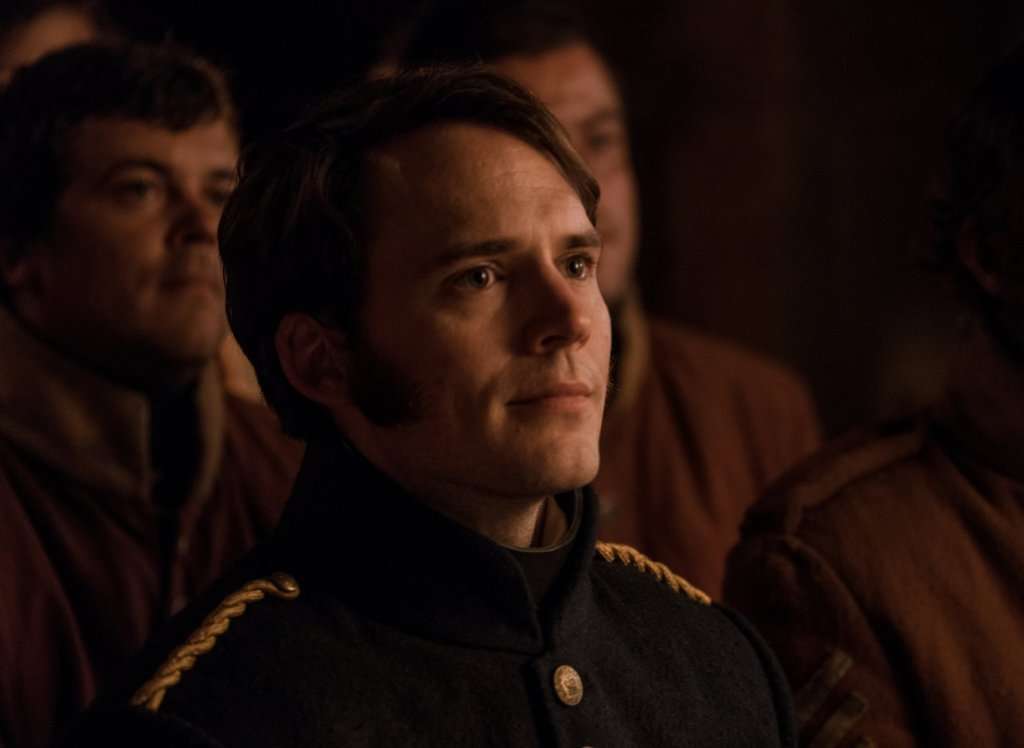
The performances in The Nightingale are incredible. I hate to imagine what the actors went through emotionally to complete this film. The British soldier (played by Sam Claflin) commits all the horrific acts on screen is an example. He did the role so well that I genuinely hated his character with a passion. Once I started watching the film, I had to see it through as I hoped, along with Clare, that his character would suffer considerably.
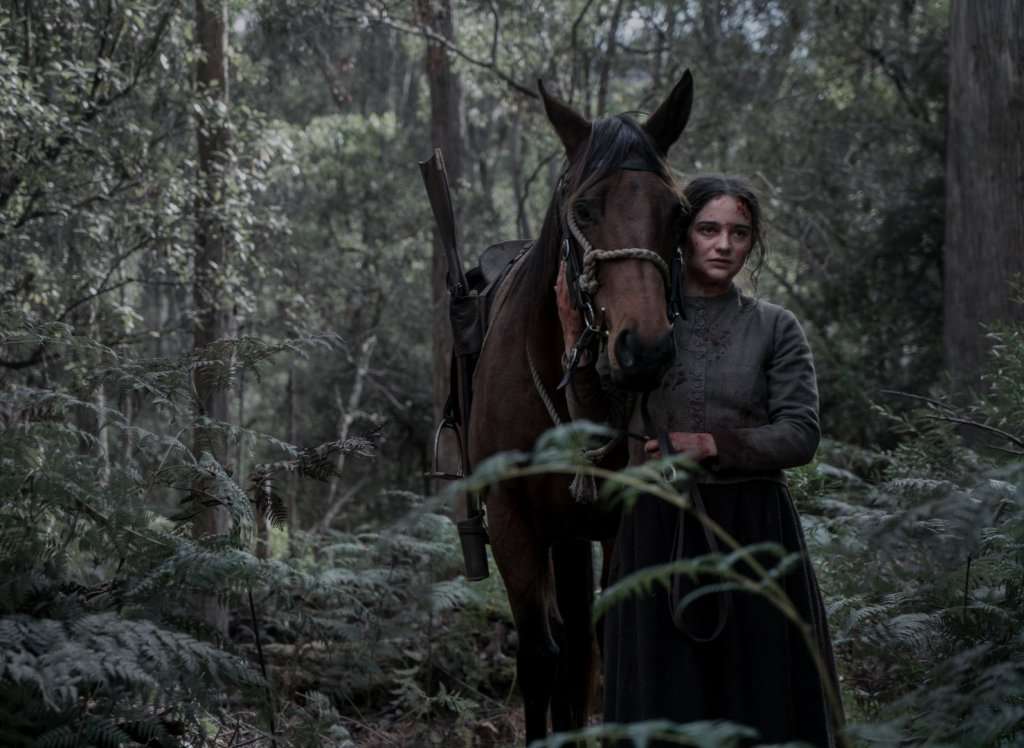
The film is interestingly filmed in an aspect ratio of 4:3. Given the film’s runtime, I found this aspect ratio to be a rather wise and bold choice which I feel pays off quite nicely.
The visuals of this film I must also praise. Everything on-screen looks very realistic. From location and costumes design, The Nightingale feels far from fake.
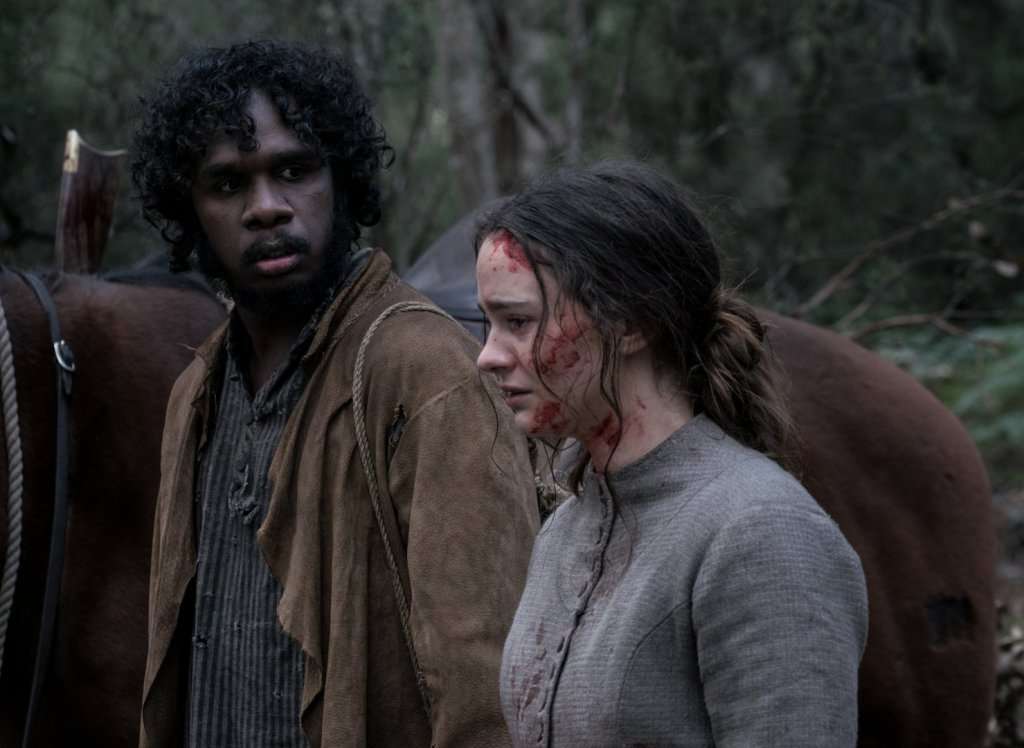
The only minor issue for me was the runtime and the pacing in the third act. The third act’s pacing felt as though it slowed down. Scattered throughout the film, the leading character also suffers horrific dreams, and these sequences feel somewhat repetitive.
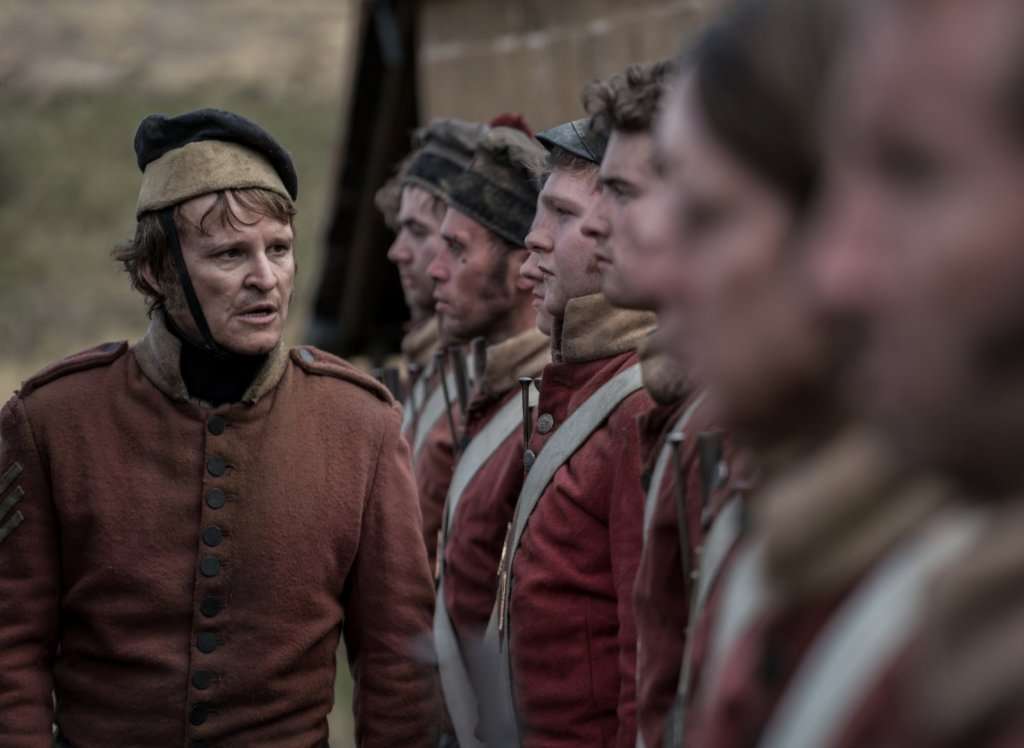
Overall, The Nightingale is not a film for the faint-hearted, and I say that because it’s filled with horrific moments. But, if one is a lover of epic dramas, I’m pleased to speak to there is an incredible story here and the director has managed to deliver an unforgettable film. With outstanding performances, location, plot and costume designs, The Nightingale will stay with me for some time.
9.0/10
The Nightingale (2018) is Now Available on Blu-ray & DVD!
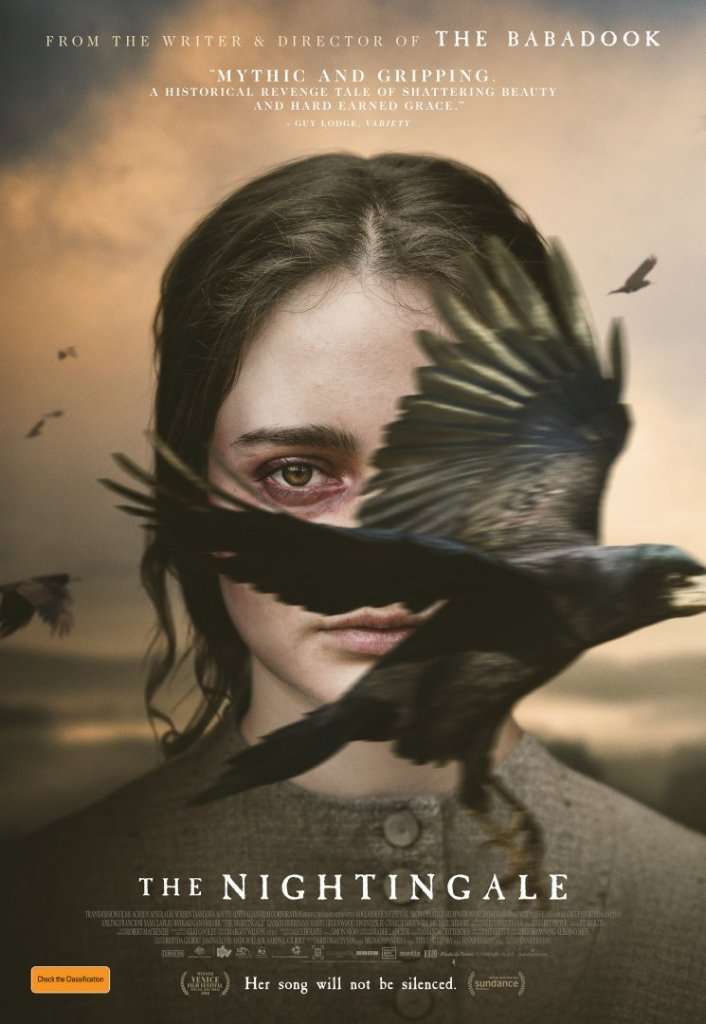



WALKDEN ENTERTAINMENT
PODCASTS ARE AVAILABLE!
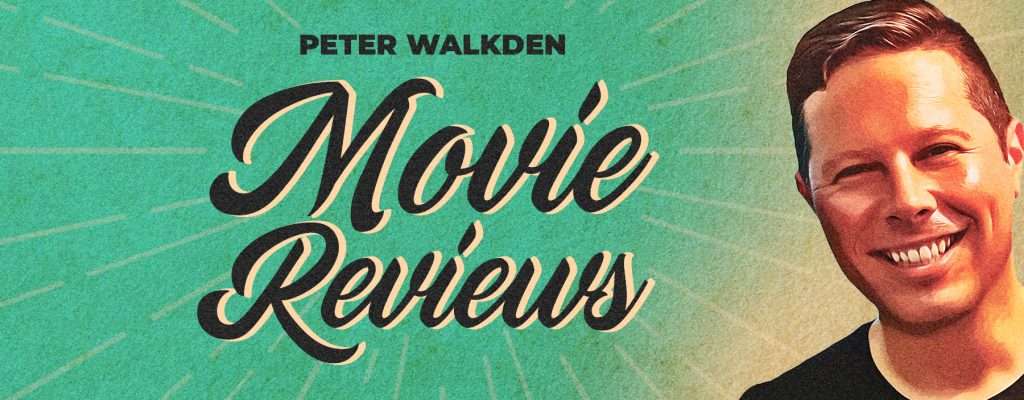

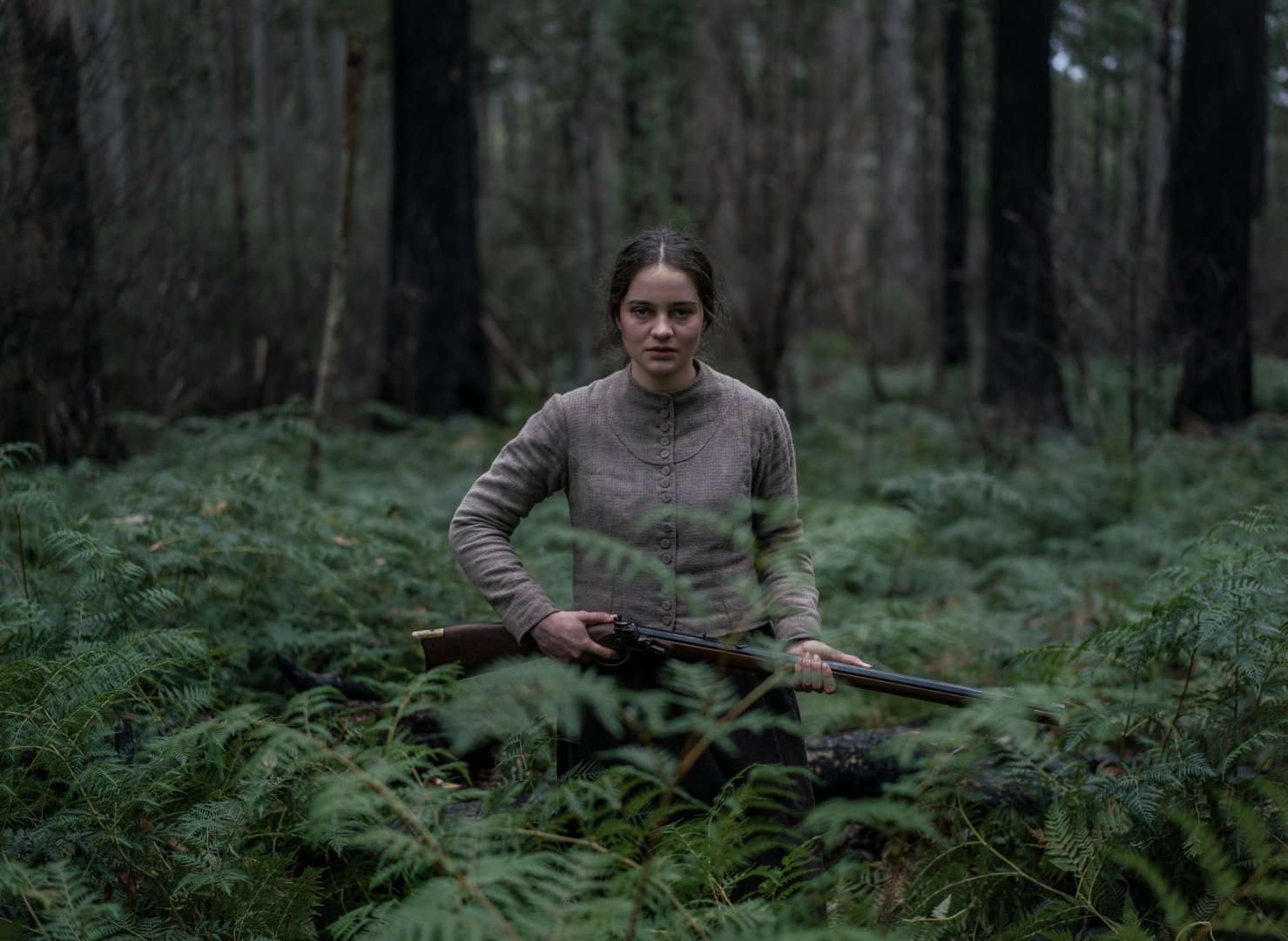
0 Comments